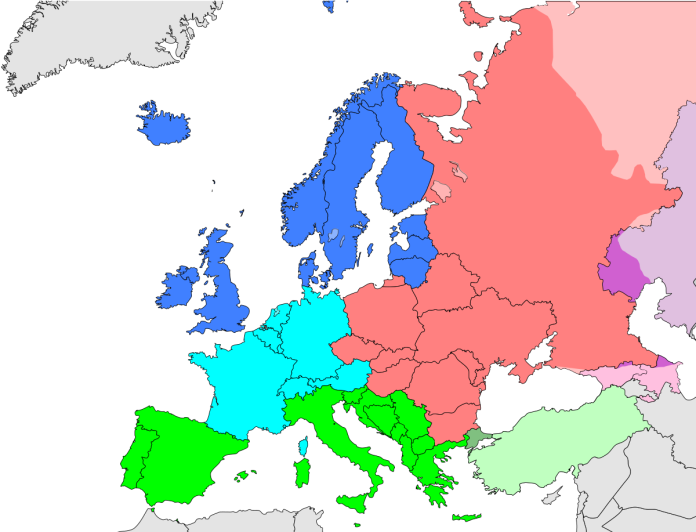Eastern European countries, bordering Russia and Belarus, are intensively preparing their health systems for possible military conflict. Lithuania, Latvia and Estonia modernize hospitals, buy protective equipment for doctors and accumulate strategic stocks of medicines, preparing for a script of a large -scale invasion.
Such actions are caused by a constant threat to NATO's eastern flank after Russia's full -scale aggression against Ukraine. Politico emphasizes , which has prepared a review of the training of medical systems in the Alliance, Eastern Europe no longer views war as a hypothetical opportunity - only as a matter of time.
The Santaros University Hospital in Vilnius, located 50 km from the border with Belarus, is already equipping underground infrastructure. It provides autonomous electrical and water supply systems, helicopter sites and shelters that will allow the medical institution to work in the conditions of shelling or full blackout.
Estonia, in addition to the arrangement of storage, provides ambulance crews and satellite. The country also considers the possibility of creating an independent Internet in the event of a cyberattack or disconnecting the national communication infrastructure.
Against the backdrop of the growing threat, Estonia has already allocated 25 million euros for the purchase of medical equipment for mass losses - in particular, orthopedic tools, turnstiles and trauma kits. Latvia, based on the experience of the Covid-19 pandemic, obliged all hospitals to maintain a three-month supply of medicines.
Experts say that in the event of a major conflict with Russia, the scale of evacuation of wounded and refugees can many times exceed Ukrainian indicators. If it is now 4,000 evacuated in three years, in the case of large -scale fighting, this figure can reach 4 thousand in only two weeks.
Hospital training is only one part of the problem. The other is a lack of personnel. In Lithuania, nearly a quarter of doctors can leave work in the event of a war, while less than 40% declare their willingness to stay for fasting. One third - did not decide.
Estonia responds to this deployment of systematic staff training: doctors, nurses and paramedics are taught to work in a large flow of patients, carry out urgent surgery and save life after injuries, burns and amputations. Some of the experts from Lithuania are already undergoing an internship in Ukrainian hospitals, where they receive real experience in shelling.
Despite large -scale training, Eastern European countries are trying to avoid panic. Poland, which presides the EU Council, has raised the safety of the medical system at the pan -European level. There is also a work on modernization of hospitals, although they do not officially predict a direct attack.
However, as the Estonian official Ragnar Weiknemetts noted: "The crisis never yells when it comes . That is why Eastern Europe, without waiting for the alarm, continues to prepare for the worst scenario - hoping that it will never come.


